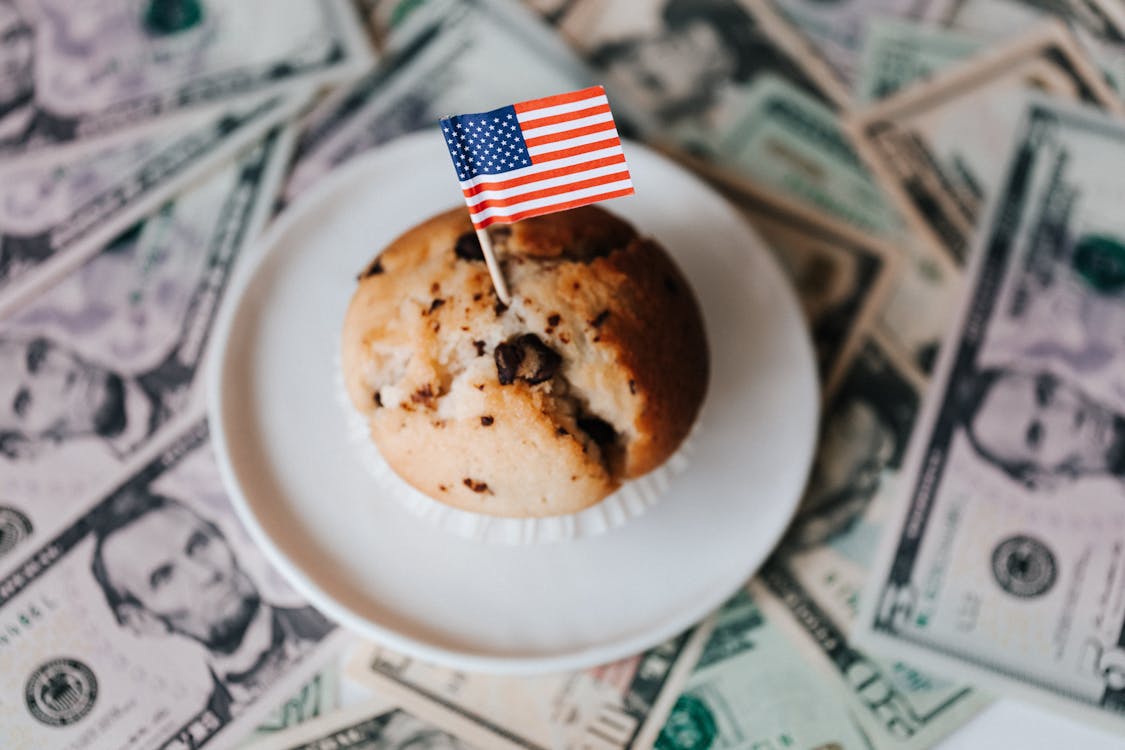Does The US Set Global Interest Rates?

Image Source: Pexels
Well, does the US set global interest rates? Of course not. But many people seem confused on this point. Here’s The Economist on the subject:
"The world’s biggest co-ordination problem, however, may be less one of every-central-bank-for-itself and more one in which a single dominant central bank—America’s Federal Reserve—calls a tune which others must follow, like it or not.
"The dollar’s outsized sway in the global financial system grants it a powerful role in driving global financial cycles. A recent paper from Mr Obstfeld and Haonan Zhou of Princeton University notes that monetary tightening in America is strongly associated with an appreciating dollar and a deterioration in a number of global economic and financial measures."
“Others must follow”? Without any apparent embarrassment, in the very next article in the same issue of The Economist, this claim is contradicted:
"There have been few months in monetary history as consequential as this September. Countries everywhere have tightened the screws on borrowers to smother inflation. But there has been a notable holdout. The Bank of Japan (BOJ), the pioneer of modern zero-interest rate and bond-buying operations, is standing firm... On September 22nd Kuroda Haruhiko, the BOJ’s governor, reiterated that the bank would hold rates down."
It’s pretty obvious that central banks with freely floating currencies do not have to follow the Fed. (Places like Hong Kong, which pegs its current to the US dollar, do need to set rates in line with the Fed).
Countries with very high inflation often have interest rates that are far higher than in the US. Those with lower inflation tend to have lower rates, on average. Interest rates tend to reflect macroeconomic conditions in each country. In the late 2010's, for instance, the Fed raised its target rate nine times, while the ECB did not raise rates at all.
It might seem like the Fed is forcing other countries to raise rates, but any correlation is due to the fact that much of the world was hit by an inflation problem at roughly the same time. (In this text, I explain why Japan doesn’t have an inflation problem despite 4% inflation.) In addition, when capital can flow freely between countries, real interest rates will tend to be highly correlated.
Even though the ECB is raising rates this year, the level of nominal interest rates in Europe remains far below the US. This reflects the fact that while headline inflation in the Eurozone is extremely high at the moment (due to the war in Ukraine), the underlying trend rate of inflation in Europe has been lower than in the US during recent decades.
More By This Author:
A Rose By Any Other NameI Don't Do Unconditional Forecasts
The Myth Of Japanese Policy Ineffectiveness



